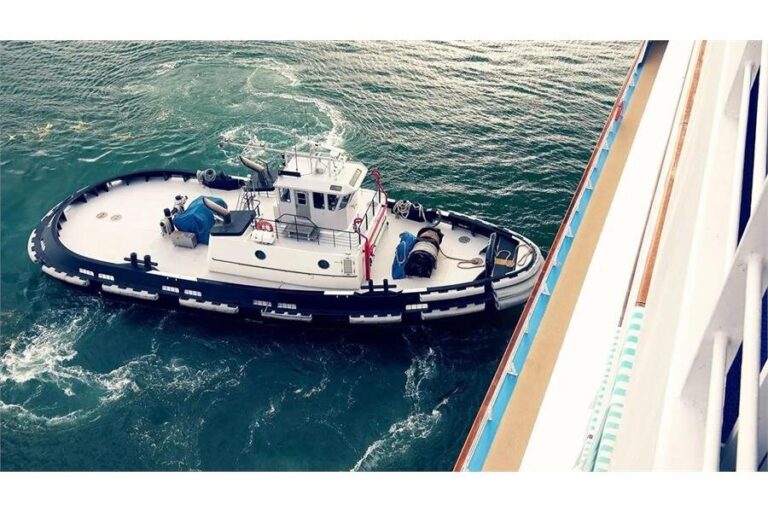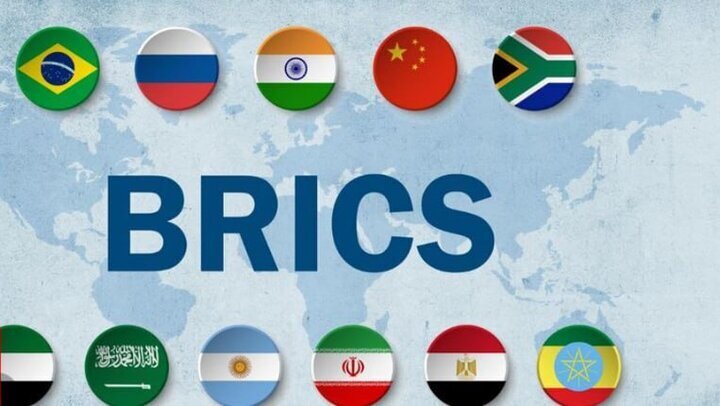
Similar Posts
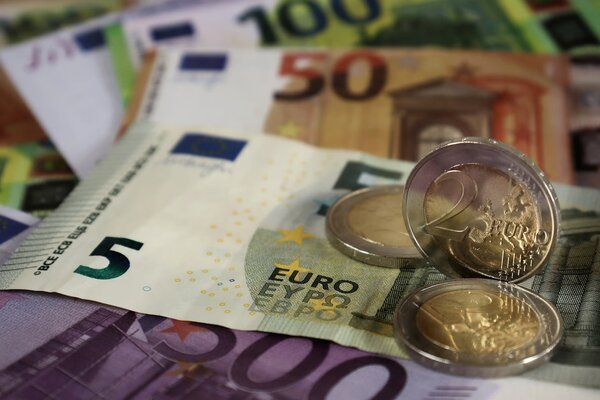
Eurozone Inflation Surpasses Expectations: What It Means for the Economy – Mehr News Agency
In April, eurozone inflation pressures exceeded expectations, complicating the European Central Bank’s (ECB) efforts to lower interest rates. Consumer prices rose by 2.2% year-on-year, slightly above the 2.1% forecast, indicating a potential stall in disinflation. Core inflation increased to 2.7%, driven by a surge in services inflation to 3.9%. Despite these developments, financial markets reacted calmly, with investors still anticipating a rate cut in June. Notable equity gains were seen in the EuroSTOXX 50 and Germany’s DAX, buoyed by strong corporate earnings. Rising core inflation presents ongoing challenges for ECB policymakers navigating these economic shifts.

Iran Faces Intensifying Crisis: Currency Plummets to Record Lows
As the US dollar reaches a record high against the Iranian rial, economic analysts warn of potential inflation exceeding 40% ahead of the Iranian New Year in March. Macroeconomist Morteza Afqah highlighted the risks of reinstating “maximum pressure” sanctions if no agreement with the US is reached. The rial has depreciated dramatically, losing 30% of its value since September, and essential goods prices are rising sharply. Supreme Leader Ali Khamenei’s chief cleric acknowledged the country’s challenging situation due to prolonged sanctions. Geopolitical factors, including setbacks for Iran’s allies, further complicate the economic outlook, intensifying the need for diplomatic solutions.
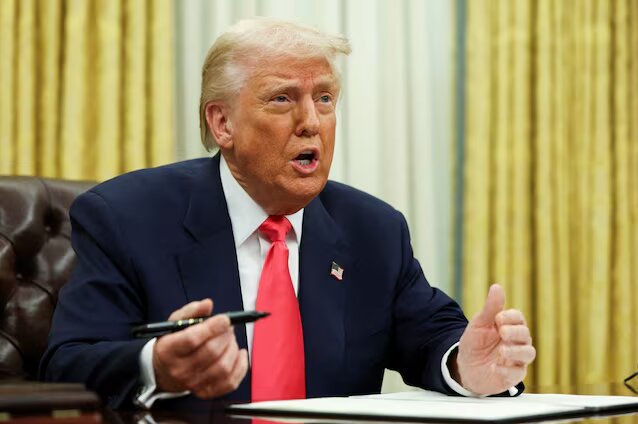
Global Backlash: Trump’s Tariffs Spark Outrage Worldwide
Australia faces a significant challenge with a new 10% tariff on all exports to the US, announced by former President Donald Trump due to perceived trade barriers, particularly Australia’s biosecurity laws. Prime Minister Anthony Albanese condemned the tariff as “totally unwarranted,” asserting it undermines US-Australia relations, but stated Australia would not retaliate. The tariff, which serves as a baseline compared to steeper tariffs on other countries, coincides with a crucial election campaign focused on cost of living issues. Opposition leader Peter Dutton warned of its negative impact on jobs and economic stability, highlighting concerns about diplomatic relations between the two nations.
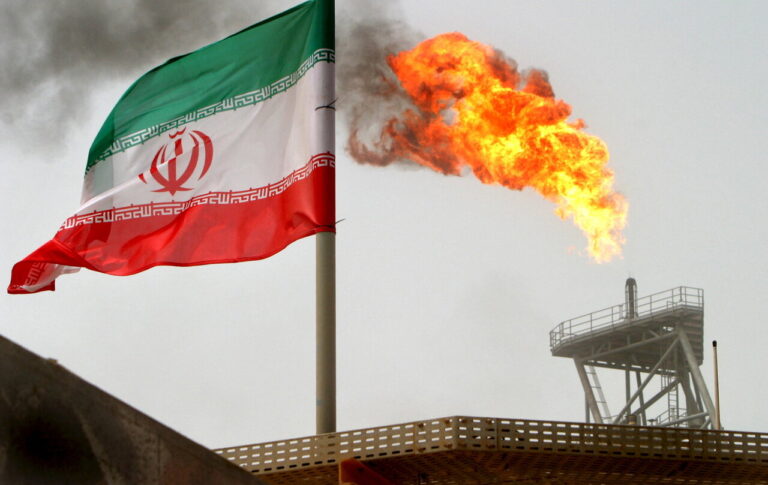
Iran Set to Ignite Offshore Oil and Gas Exploration Boom in the Persian Gulf
Mohyeddin Jafari, head of the Exploration Directorate at the National Iranian Oil Company (NIOC), announced the resumption of offshore exploration operations, halted since 2019 due to a shortage of rigs. A new contractor has been selected to restart activities in 2025, aiming to enhance exploration in shared border areas with neighboring countries. The NIOC plans to increase drilling rigs and utilize advanced geophysical technology to improve discovery rates. This initiative reflects a commitment to revitalizing Iran’s exploration sector, crucial for energy sustainability and economic growth, as the country seeks to strengthen its position in the global oil market.
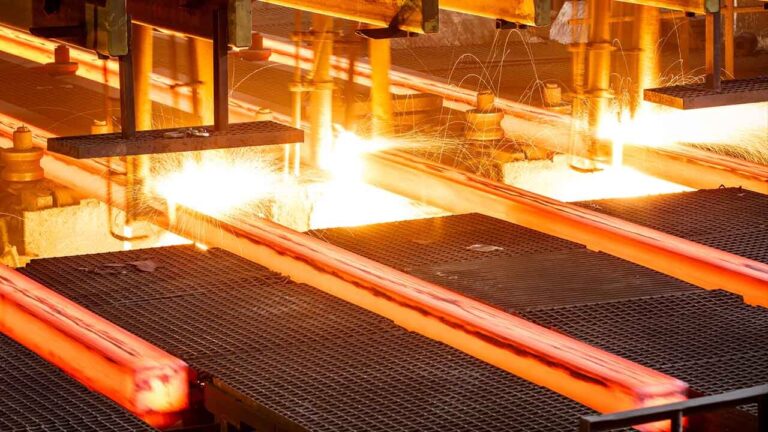
Iran Shuts Down Cement and Steel Production: A Strategic Move for Economic Stability
The Iranian Interior Ministry has mandated a drastic 90% reduction in electricity supply for major manufacturers, including cement and steel sectors, due to a record surge in household electricity demand amidst soaring temperatures. Effective from May 15 for 15 days, this restriction has raised concerns among industry leaders about potential production halts. The Iranian Energy Ministry reported a peak demand of 60.709 gigawatts, significantly higher than last year. Industries Minister Mohammad Atabak criticized the decision, warning of severe repercussions for economic growth and employment. The government anticipates improved electricity supply by mid-June, but challenges remain for balancing household and industrial needs.
